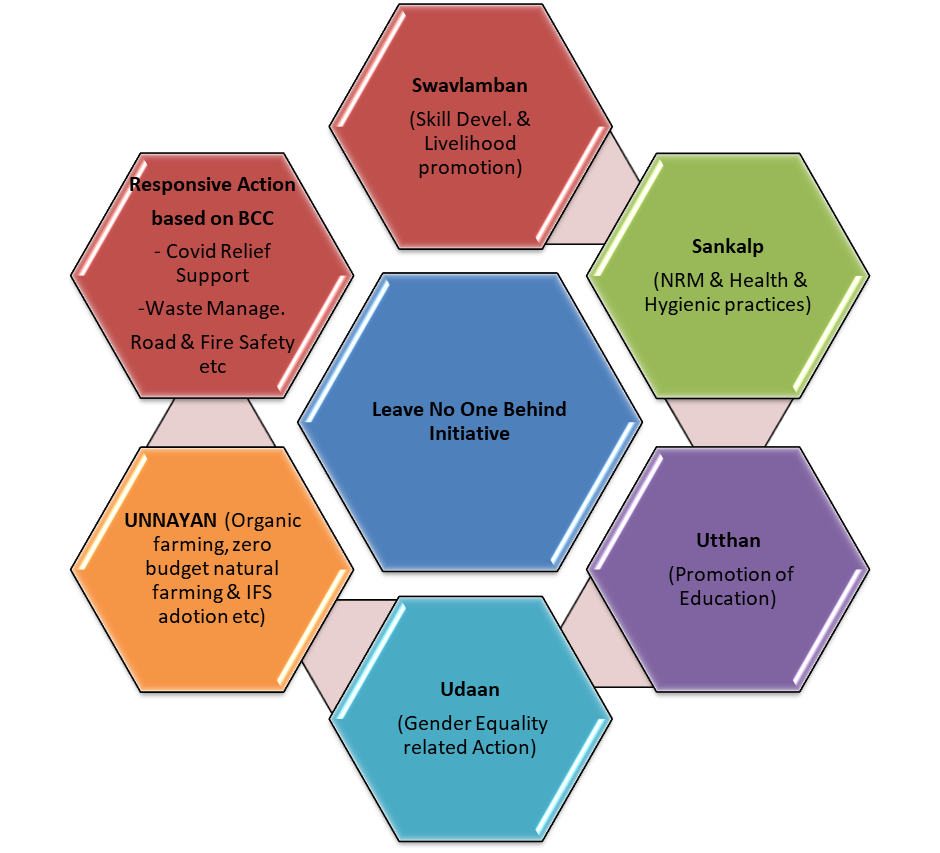What We Do
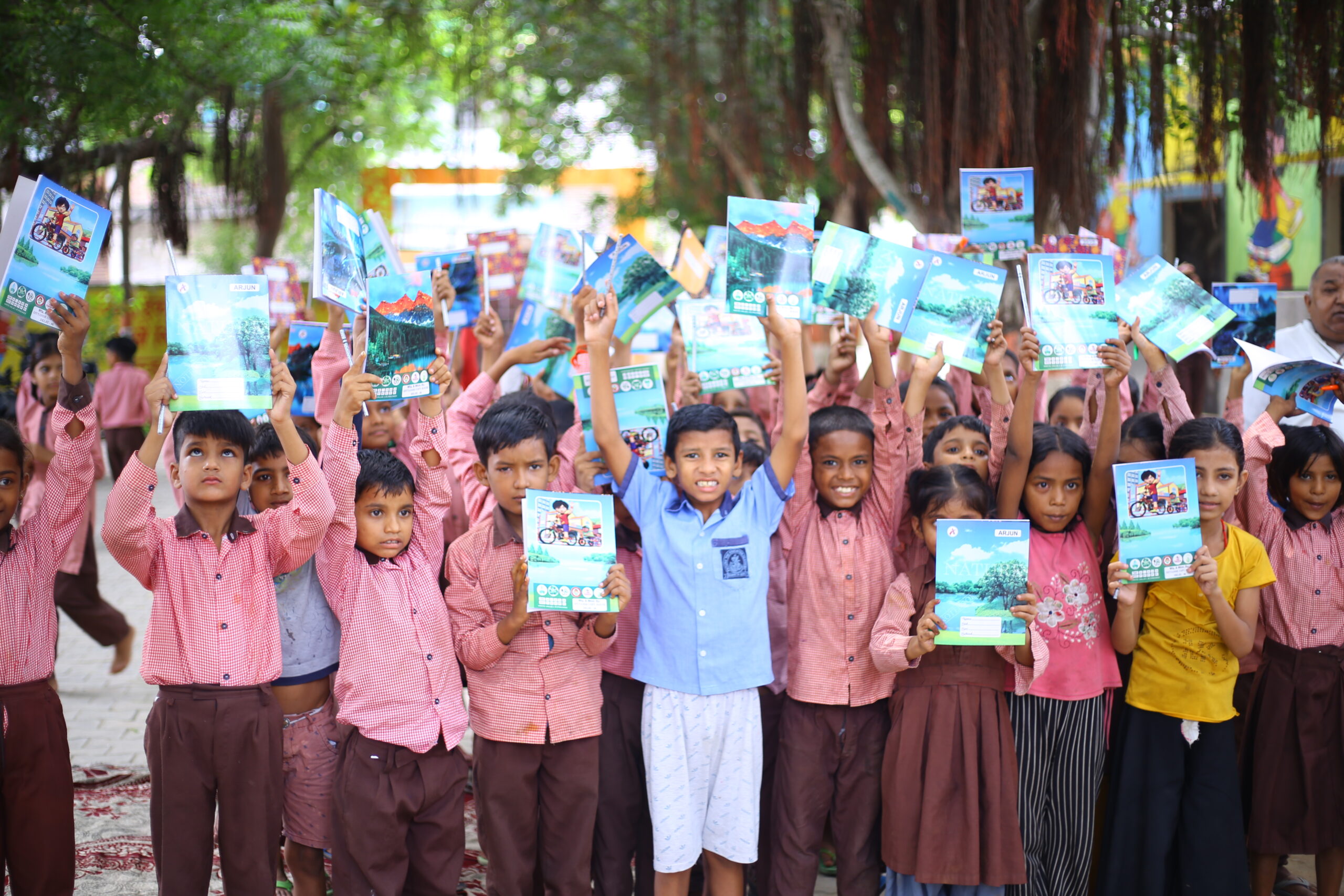
Education
PANKH leads educational initiatives, identifies and solves issues in rural education, and promotes quality education through digital solutions, teacher training, and infrastructure development, including digital libraries and science labs. They also focus on building the capacity of School Management Committees.

Livelihood Promotion
PANKH prioritizes eradicating all forms of poverty and uplifting marginalized communities by improving their living standards and aspirations. They focus on enhancing livelihoods through sustainable solutions that tackle poverty’s root causes. By providing access to education, healthcare, and livelihood opportunities, PANKH empowers individuals and communities to lead dignified lives.
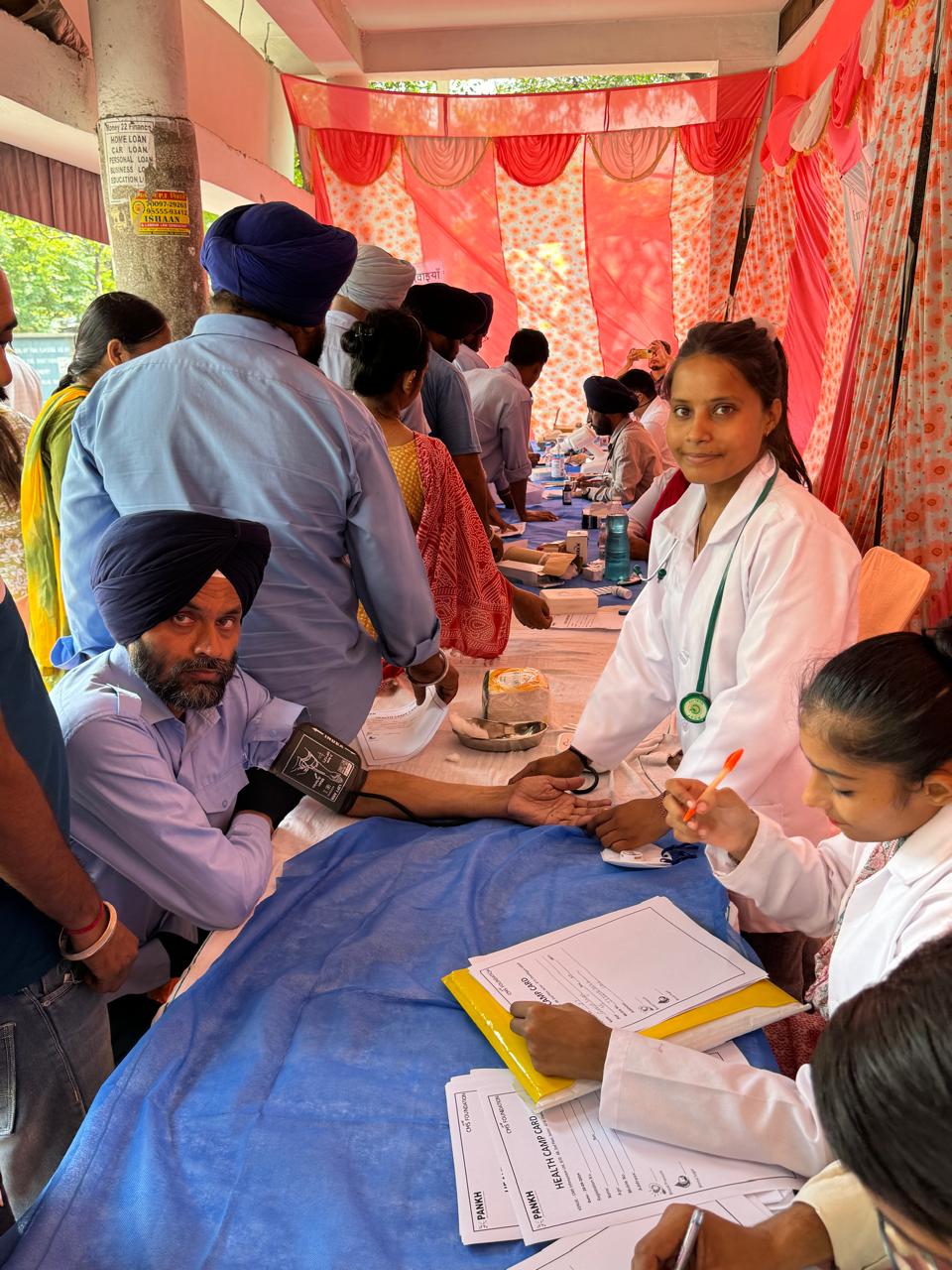
Health
PANKH has a commendable track record in providing healthcare services to the most remote areas of states, contributing significantly to the achievement of Sustainable Development Goal 5 of Good Health and Well-being. Their efforts focus on ensuring access to quality healthcare for underserved populations, improving health outcomes, and promoting well-being.
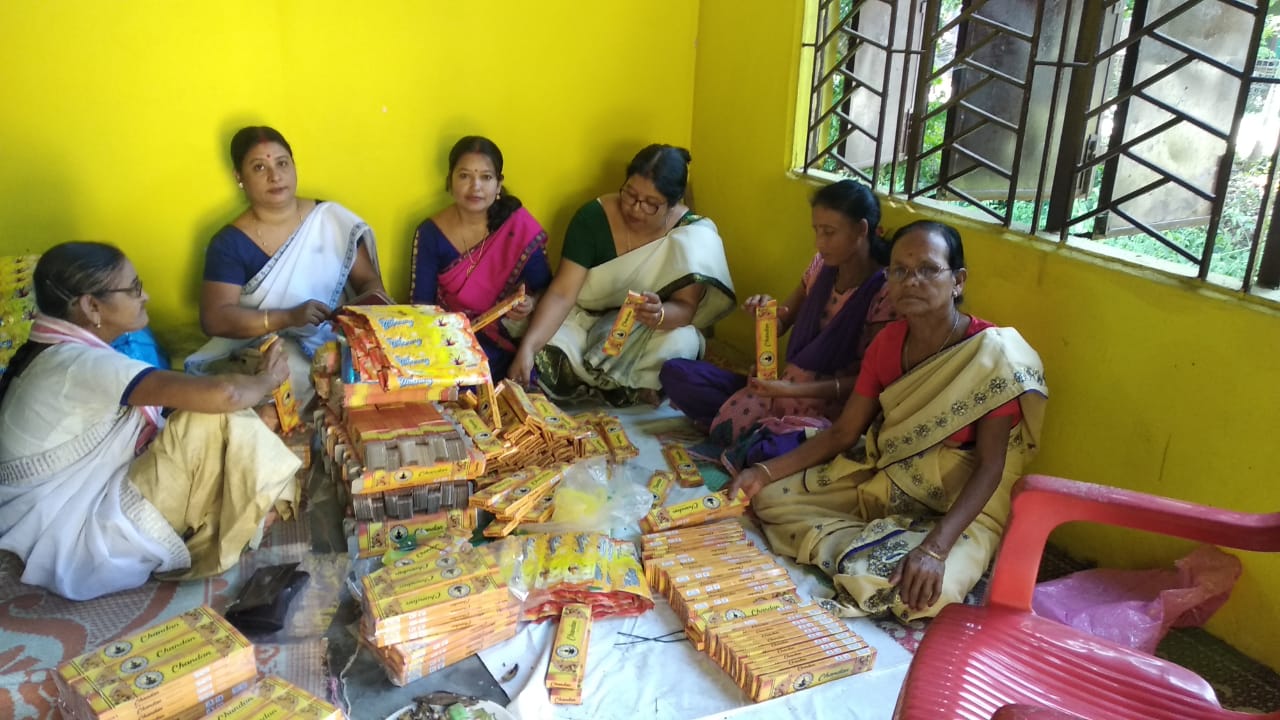
Strengthening of Community Institutions
PANKH believes that the journey towards ending poverty and achieving sustainable community empowerment starts with community mobilization. They prioritize understanding the needs and challenges faced by communities, supporting them by building institutions like Village Development Committees, Self-Help Groups, and others.
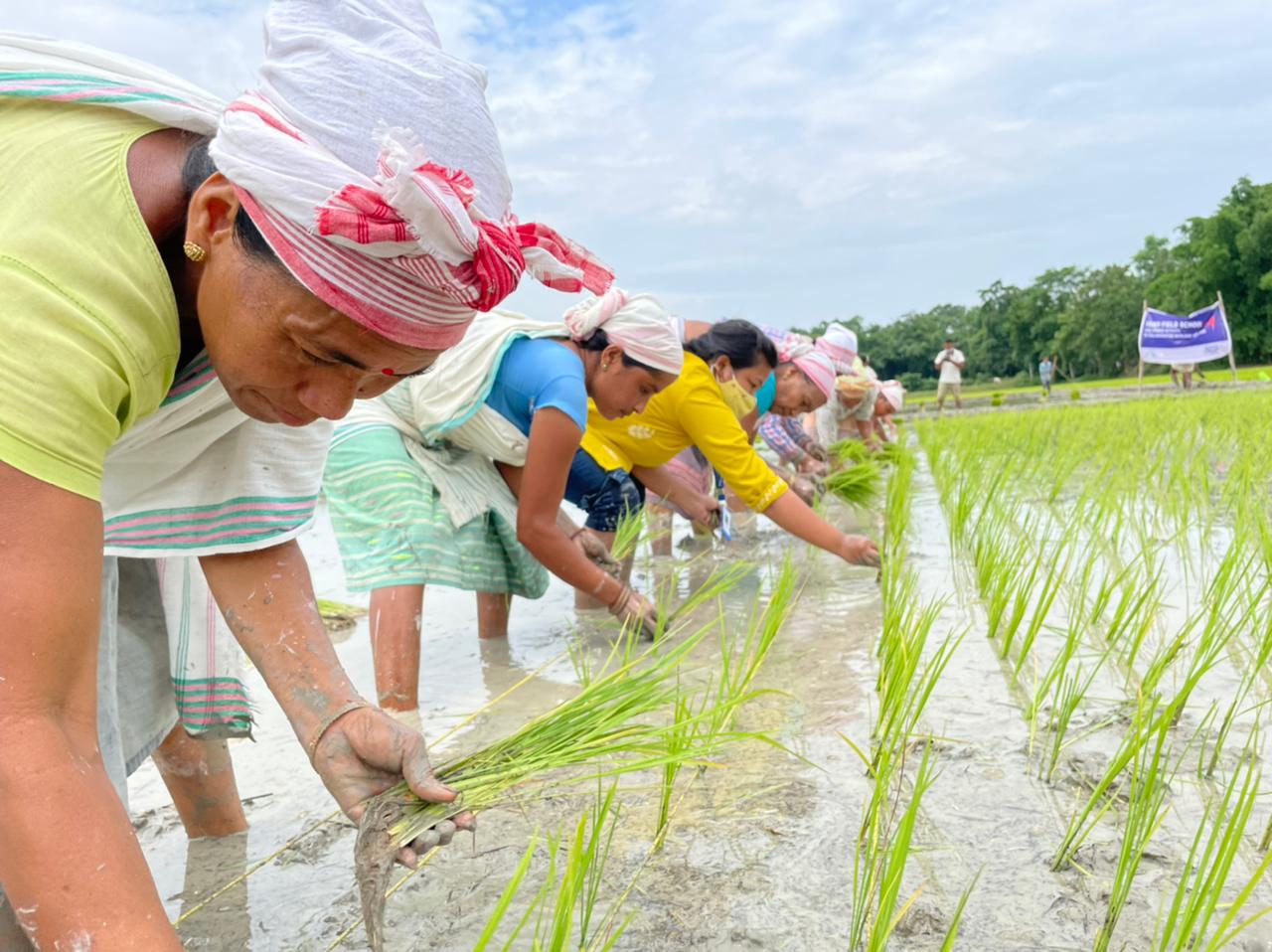
Sustainable Agriculture & Allied Practices
PANKH emphasizes the sustainable and judicious use of natural resources as essential for overall development. Their current efforts focus on fostering a better tomorrow through community ownership. PANKH is actively engaged in revitalizing dry community ponds, restoring natural water streams, and reducing soil and water erosion through afforestation
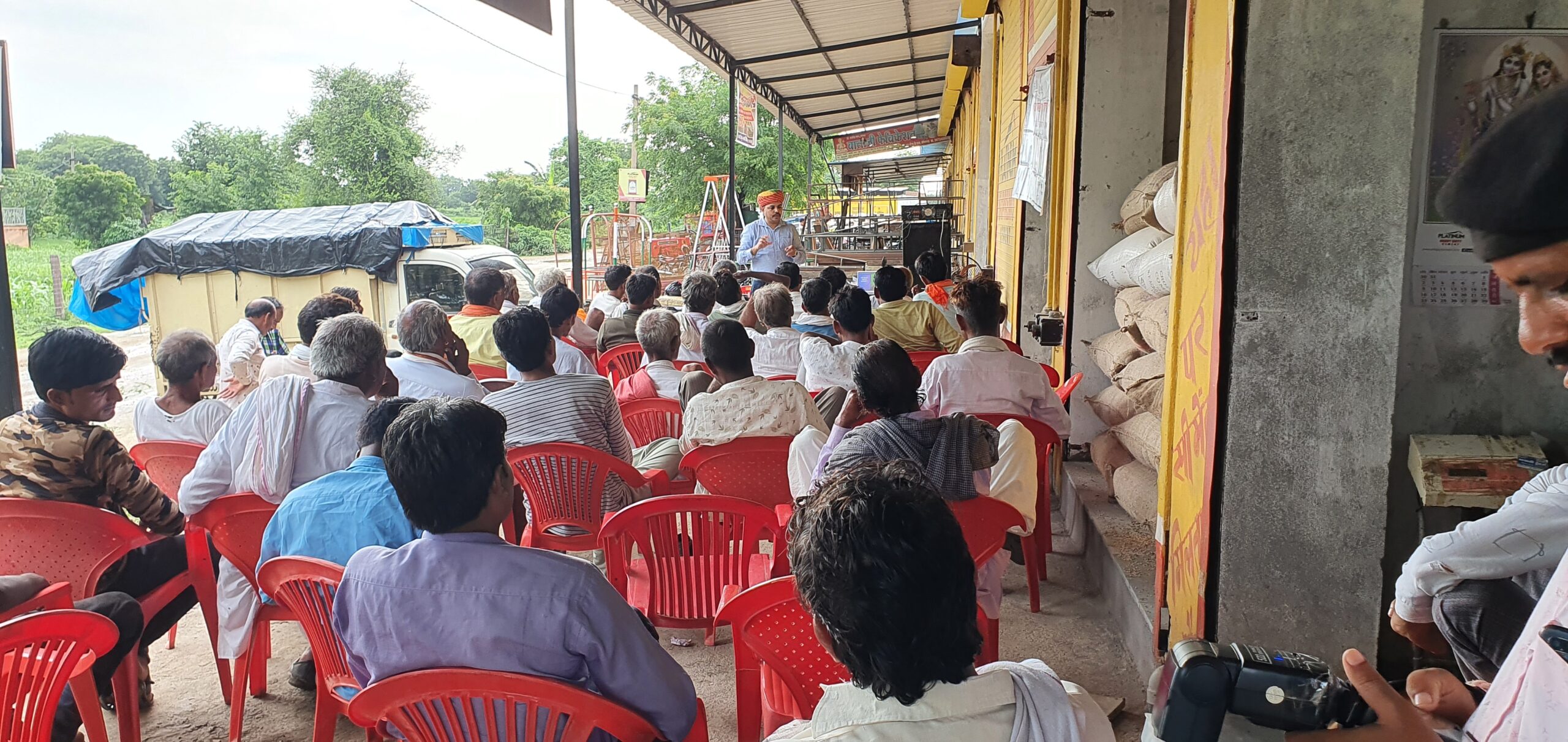
Rural Development
PANKH has a commendable track record in providing healthcare services to the most remote areas of states, contributing significantly to the achievement of Sustainable Development Goal 5 of Good Health and Well-being. Their efforts focus on ensuring access to quality healthcare for underserved populations, improving health outcomes, and promoting well-being.
SDG Goals
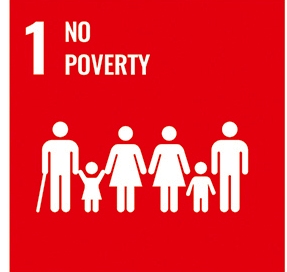
SDG 1: No Poverty
Programs aimed at poverty alleviation through livelihood support, micro-enterprise promotion, and economic empowerment of marginalized communities.
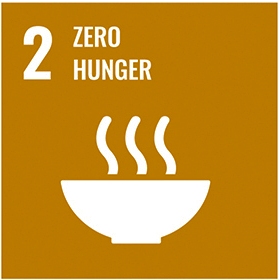
SDG 2: Zero Hunger
Initiatives focused on improving nutrition and food security through nutritional-sensitive agriculture and community kitchens.
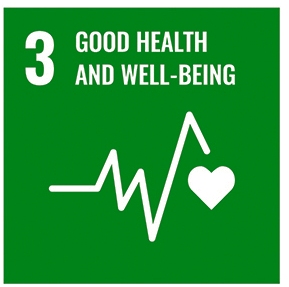
SDG 3: Good Health and Well-being
Health camps, sanitation drives, and awareness programs to improve the health and well-being of women, children, and vulnerable populations.
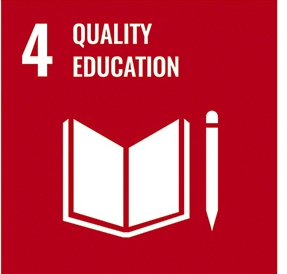
SDG 4: Quality Education
Promoting inclusive and equitable quality education through innovative teaching practices, scholarships, and educational resources for underprivileged children.
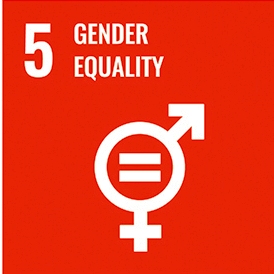
SDG 5: Gender Equality
Empowering women through skill development, livelihood opportunities, and support for women’s self-help groups (SHGs) to achieve gender equality and empower all women and girls.
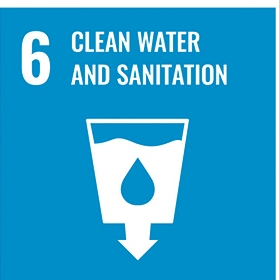
SDG 6: Clean Water and Sanitation
Projects aimed at improving access to clean drinking water and sanitation facilities, and raising awareness about hygiene practices.
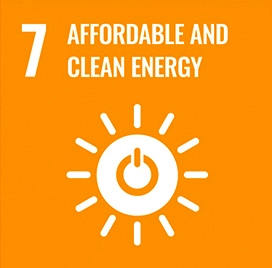
SDG 7: Affordable and Clean Energy
Promoting the adoption of renewable energy solutions such as solar, wind, and biomass technologies to enhance energy efficiency and sustainability.

SDG 8: Decent Work and Economic Growth
Facilitating self-employment and entrepreneurship through micro-enterprise promotion, vocational training, and support for community-based organizations (CBOs).

SDG 9: Reduced Inequalities
Working towards reducing inequalities by ensuring marginalized and underprivileged communities have access to essential services and opportunities.

SDG 10: Sustainable Cities and Communities
Initiatives aimed at creating sustainable and resilient communities through integrated development programs and resource management.

SDG 11: Responsible Consumption and Production
Encouraging sustainable consumption and production patterns through awareness programs and promotion of environment-friendly technologies.

SDG 12: Climate Action
Addressing climate change by promoting sustainable agricultural practices, renewable energy solutions, and natural resource management.

SDG 13: Life on Land
Conservation and sustainable use of terrestrial ecosystems through afforestation, reforestation, and biodiversity conservation projects.

SDG 14: Partnerships for the Goals
Building partnerships with various stakeholders including government agencies, other NGOs, and the private sector to achieve the sustainable development goals.
The PANKH's Model
At PANKH, our "Leave No One Behind"
Initiative embodies our commitment to ensuring that every individual, regardless of their socio-economic status, has the opportunity to thrive. This initiative focuses on inclusive and holistic development, targeting the most marginalized and underprivileged sections of society. Our goal is to bridge the gaps and create a supportive environment where everyone can achieve their full potential.
Our approach is community-centric and participatory, involving local communities in the planning and implementation processes. This ensures that our initiatives are relevant, effective, and sustainable. We focus on building capacities, fostering resilience, and creating an environment where every individual can contribute to and benefit from the development process.
